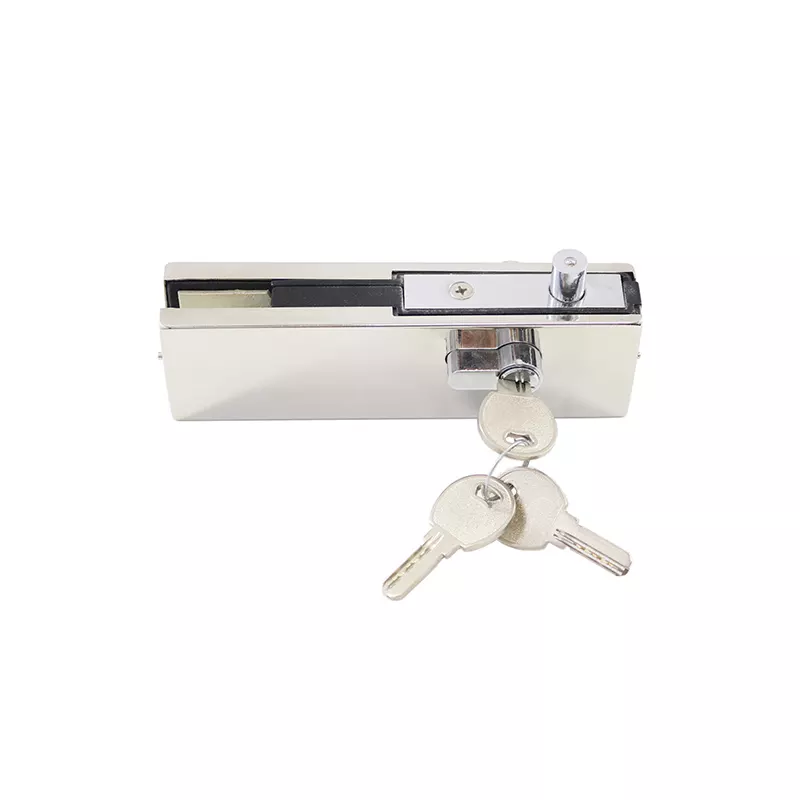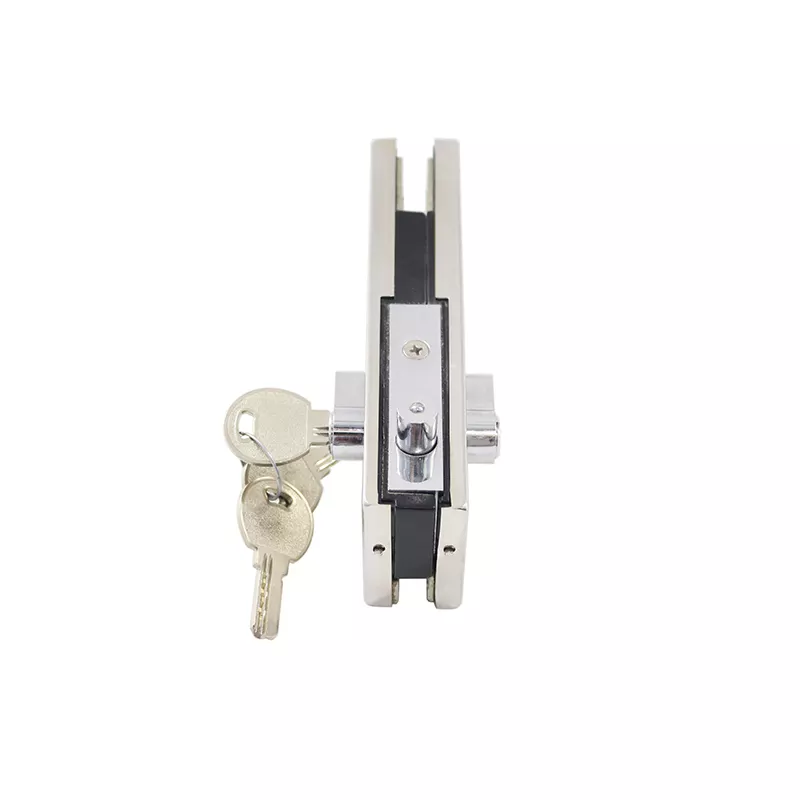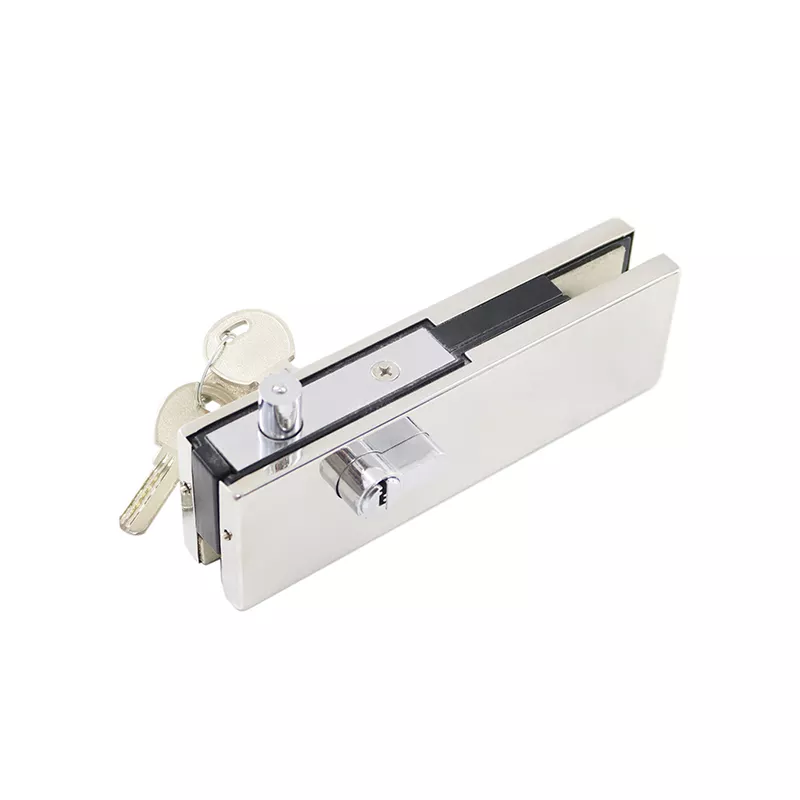What’s the Best Material for Durable Shower Door Hardware?
When it comes to shower door hardware—hinges, handles, rollers, and frames—durability is key. Bathrooms are high-moisture environments, so choosing materials that resist rust, corrosion, and wear is essential. Here’s a breakdown of the top contenders for long-lasting shower door hardware:

1. Stainless Steel: The Gold Standard
Stainless steel is a top pick for its exceptional resistance to rust, tarnish, and water damage. Its chromium oxide layer forms a protective barrier, making it ideal for humid spaces.
Pros : Sleek, modern look; low maintenance; corrosion-resistant.
Cons : Higher cost; can show fingerprints (choose brushed finishes to minimize this).
Best For : Coastal homes, busy bathrooms, or modern designs.
2. Brass: Timeless Elegance with Strength
Brass is a durable alloy (usually copper and zinc) that’s prized for its strength and malleability. When plated with chrome or nickel, it becomes highly corrosion-resistant.
Pros : Classic, warm aesthetic; long-lasting if properly plated.
Cons : Can tarnish over time if uncoated; more expensive than steel.
Best For : Traditional or vintage-style bathrooms.
3. Solid Brass (Unplated): For Heavy-Duty Use
Unplated solid brass is less common but incredibly durable. It’s often used in high-end hardware for its weight and resilience.
Pros : Won’t rust; ages gracefully (patina can develop).
Cons : Requires polishing to maintain shine; pricier.
Best For : Luxury showers or commercial spaces.
4. Zinc Alloy: Budget-Friendly and Versatile
Zinc alloys are lightweight and cost-effective, often used in plated hardware. While not as durable as stainless steel or brass, they’re a solid choice for low-traffic bathrooms.
Pros : Affordable; easy to mold into intricate designs.
Cons : Prone to chipping or corrosion if plating wears off.
Best For : Guest bathrooms or rental properties.
5. Aluminum: Lightweight and Modern
Anodized aluminum is lightweight, rust-resistant, and available in matte or glossy finishes. It’s a great option for frameless shower doors.
Pros : Budget-friendly; sleek appearance.
Cons : Less durable than steel or brass; can scratch easily.
Best For : Contemporary, minimalist designs.
Key Considerations
Finish Matters : Look for finishes like brushed nickel, matte black, or PVD (Physical Vapor Deposition) coatings, which enhance durability.
Usage : Heavy glass doors require robust hardware (e.g., 304 stainless steel hinges).
Maintenance : Regular cleaning with mild soap prevents buildup and extends lifespan.
For most homeowners, stainless steel offers the best balance of durability, aesthetics, and value. If you prefer a classic look, brass with a protective coating is a strong alternative. Avoid cheap zinc alloys in high-moisture areas to prevent premature wear.
-
The Advantages of Stainless Steel Glass Door Locks: Durability, Security, and Design
23-01-2026 -
Top Features of D Locks for Glass Doors: What to Look For
20-01-2026 -
Load Bearing, Security Level, and Durability Standards for Glass Door Locks
17-01-2026 -
Can frameless glass door locking hardware be customized for OEM projects?
15-01-2026 -
Key Considerations When Customizing Glass Door Locking Hardware for Office Buildings
14-01-2026
-
What Lock Type Works Best for a Door with Glass Panels: Deadbolt, Keyed, or Smart?
29-01-2026 -
Hinged Glass Door Lock vs Sliding Glass Door Lock: Which Is Better?
28-01-2026 -
Glass Door to Wall Lock for Shower Rooms: What You Need to Know?
27-01-2026 -
What Are the Main Types of Frameless Glass Locks Available on the Market?
26-01-2026 -
Understanding the Price Range of Glass Center Locks: What Affects the Cost?
22-01-2026












